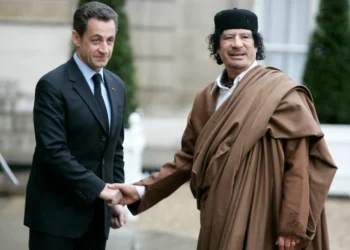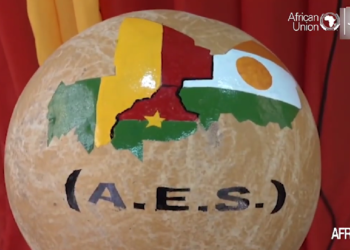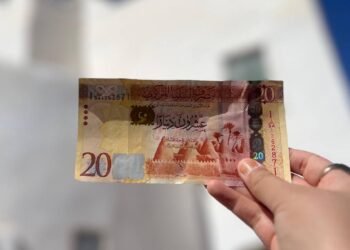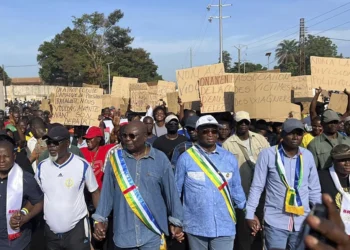The mausoleum of Congo’s independence leader, Patrice Lumumba, has been vandalized in Kinshasa, sparking concerns about the fate of his only surviving remains — a single gold-capped tooth. Authorities are still investigating whether the tooth was damaged or stolen during the incident.
The Ministry of Culture released a statement on Tuesday condemning the act and noting that the perpetrators’ identities and motives remain unknown.
“The Ministry of Culture, Arts and Heritage strongly condemns this heinous act aimed at desacralizing the tomb of our National Hero Patrice Emery Lumumba.
“The Ministry of Culture, Arts and Heritage wishes to reassure the population that the situation is under control. Firm measures will be taken to punish the perpetrators of this unacceptable act, and all necessary measures are in place to restore the mausoleum as soon as possible.”
Ministry of Culture
A mausoleum curator reported that the coffin containing Lumumba’s tooth had been broken, and the glass doors of the monument were shattered. Four suspects have been arrested, according to the deputy mayor of the district, but he could not confirm if the tooth had been stolen.
The mausoleum, a symbol of Congo’s turbulent yet proud history, holds deep significance for many in the country. This act of vandalism is being viewed as a violation not just of a historical site, but of the nation’s enduring struggle for self-determination and respect for its leaders.
Lumumba’s Symbolic Legacy
Lumumba, Congo’s first prime minister after gaining independence in 1960, remains a national icon. His life and leadership were cut short within a year when he was assassinated under controversial circumstances. His body was dismembered and dissolved in acid, preventing the creation of a physical gravesite that could become a place of homage.
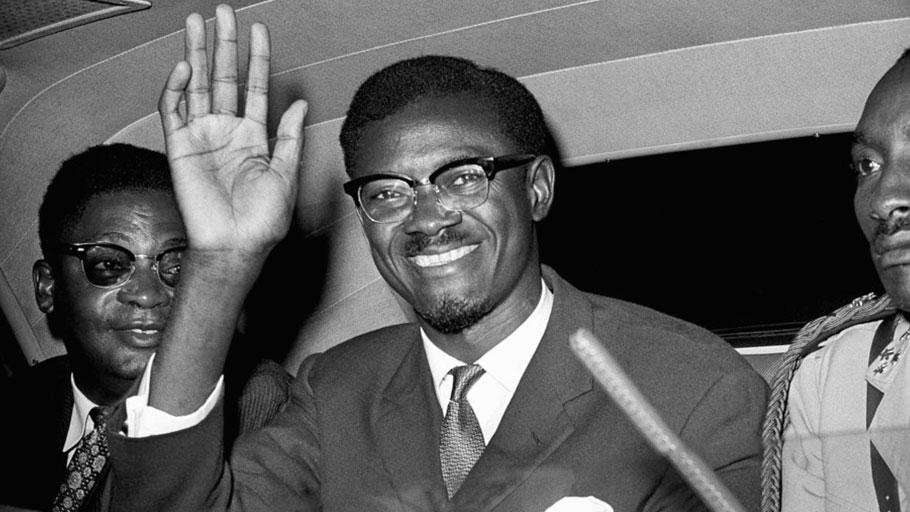
The return of Lumumba’s tooth from Belgium in 2022 marked a significant moment for Congo. It symbolized an attempt to restore dignity to his legacy and offered the public a chance to pay their respects.
The tooth had been held by a Belgian police commissioner involved in his body’s destruction and was only returned after it was seized from the commissioner’s daughter in 2016.
The gesture was solidified when Belgium’s King Philippe expressed “deep regrets” over colonial abuses during a visit to Congo.
Cold War and Western Complicity
Historians argue that Lumumba was a victim of Cold War tensions. His outreach to the Soviet Union for help in managing a secessionist conflict in the mineral-rich Katanga region alarmed both Belgium and the United States, who viewed his policies as leftist and potentially aligned with Communist interests. Although Congolese separatists ultimately killed Lumumba, suspicions about the extent of Western involvement persist.
Lumumba’s death paved the way for Mobutu Sese Seko’s rule, a decades-long dictatorship that drained the country’s resources while benefiting from Western support. The story of his tooth — kept as a macabre relic and returned only decades later — speaks to the long shadow of colonial influence and the ongoing fight for Congolese sovereignty and recognition.
A National Call for Preservation
The recent act of vandalism at Lumumba’s mausoleum has reignited calls for better protection of national monuments and historical sites.
The symbolic power of Lumumba’s legacy as a champion of independence still resonates across Congo, representing the country’s potential and resilience in the face of historical and modern challenges.
As the investigation unfolds, many Congolese citizens wait anxiously for confirmation on the state of Lumumba’s tooth. This event underscores the need to preserve Congo’s historical figures and the stories they represent.
READ ALSO: Fixed Income Market Booms As October Trading Volume Hits 16.43 Billion


